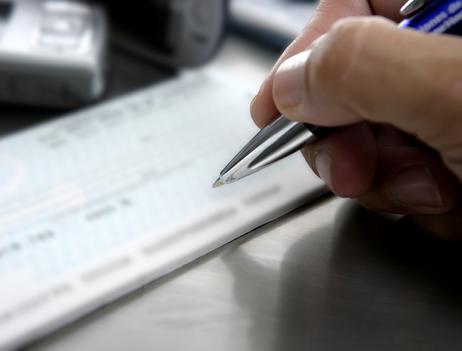According to Wikipedia.org, "School choice is a term for K–12 public education options in the United States, describing a wide array of programs offering students and their families alternatives to publicly provided schools, to which the location of their family residence generally assigns students." Vouchers have been in the headlines for almost thirty years. So, this is not a new issue, although the media attention sometimes implies that vouchers are a new idea. A timeline is helpful when dealing with a controversial issue such as school vouchers. But before we do that, what are vouchers?
EdChoice describes vouchers as:
"School vouchers give parents the freedom to choose a private school for their children, using all or part of the public funding set aside for their children’s education. Under such a program, funds typically spent by a school district would be allocated to a participating family in the form of a voucher to pay partial or full tuition for their child’s private school, including both religious and non-religious options."
You will hear vouchers called various names, such as parental choice, education grants, scholarships, and tuition grants, to list but a few of the names you will encounter for vouchers.15 states and the District of Columbia currently offer 26 voucher programs. School Voucher Laws State-by-State Comparison offers a useful table comparing the voucher programs offered in states that have them.
Why are vouchers controversial?
Now that you have access to













-4c3194pi4wis8gsg004w0g44w-280.jpg)


























